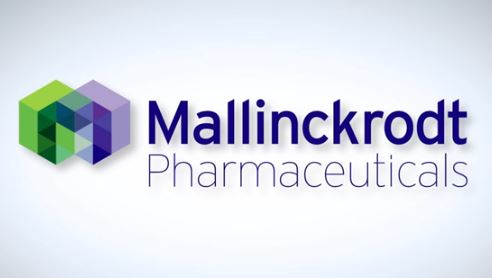Mallinckrodt pays US authorities $100m in pricing case

Mallinckrodt has provided the first pharma pricing scandal of 2017, paying US authorities $100 million to settle a competition case.
Mallinckrodt has reached an agreement with the US Federal Trade Commission last week to settle an investigation into its acquisition of Questcor Pharmaceuticals, and its childhood epilepsy drug which Questor raised the price on by an eye-watering 85,000%.
The deal allows Mallinckrodt to not admit any wrongdoing, but does require it to license a newer competitor, Synacthen Depot, to a competitor. Marathon Pharmaceuticals will develop and attempt to market the drug for infantile spasms and nephrotic syndrome.
Mallinckrodt will pay $100 million to settle claims by the Federal Trade Commission and five states - $90 million of which will be paid within 10 business days and $10 million within 90 days. Mallinckrodt will pay $2 million to reimburse states’ legal fees.
The FTC’s complaint centred on Acthar – adrenocorticotropic hormone – a drug that has been “grandfathered” into common use but not approved under currently valid US Food and Drug Administration regulations.
Questcor had raised the price of Acthar, to $28,000 per vial, since it bought rights to the drug back in 2001, when it charged just $40 a vial.
At the time Questcor said this was necessary to avoid marketing the drug at a loss because it was only used by a few hundred patients.
But the FTC alleged that Questcor illegally acquired US rights to develop Synacthen from Novartis, a drug that would have competed against Acthar had it been approved for the US market.
This stifled competition, preventing any other company using Synacthen, and preserving Questcor’s monopoly and the extreme high prices for Acthar, the FTC said.
Mallinckrodt acquired Questcor in 2014 and since then continued to raise prices, charging more than $34,000 per vial, the FTC said.
FTC chairwoman Edith Ramirez said: “Questcor took advantage of its monopoly to repeatedly raise the price of Acthar, from $40 per vial in 2001 to more than $34,000 per vial today – an 85,000 percent increase.”
“We charge that, to maintain its monopoly pricing, it acquired the rights to its greatest competitive threat, a synthetic version of Acthar, to forestall future competition. This is precisely the kind of conduct the antitrust laws prohibit.”
A Mallincrodt spokesperson said: “We are pleased with the agreement reached to resolve this legacy matter, although we continue to strongly disagree with allegations outlined in the FTC's complaint, believing that key claims are unsupported and even contradicted by scientific data and market facts, and appear to be inconsistent with the views of the FDA.”
Mallinckrodt will continue to manufacture and market Synacthen in other countries where it has rights.












